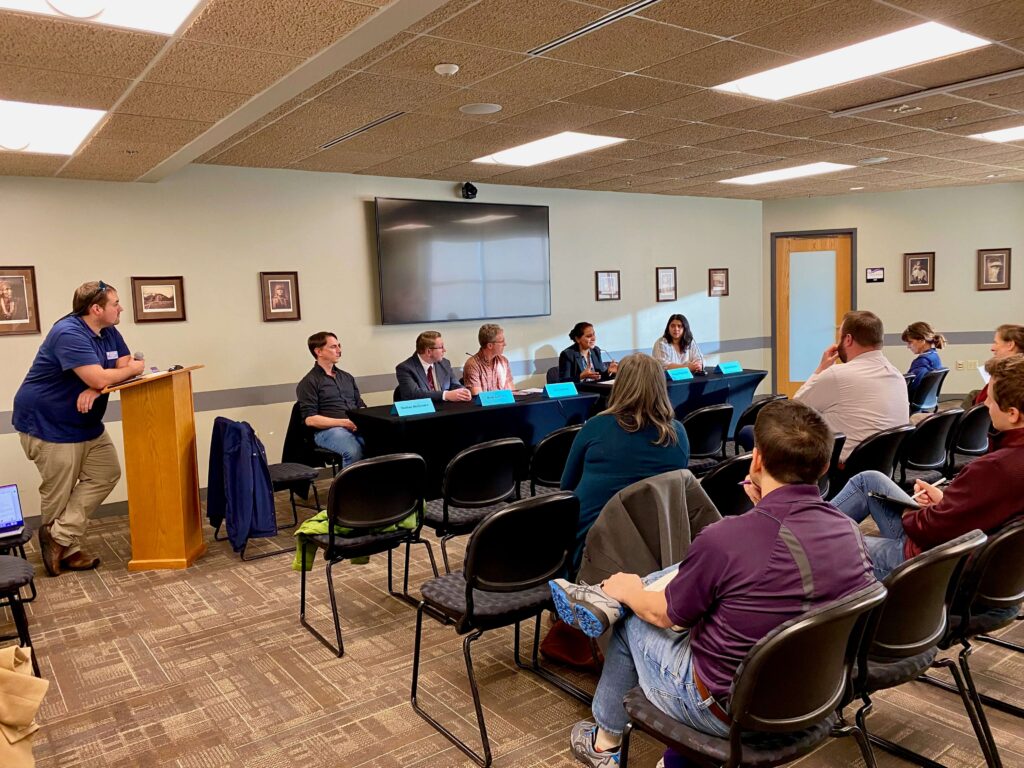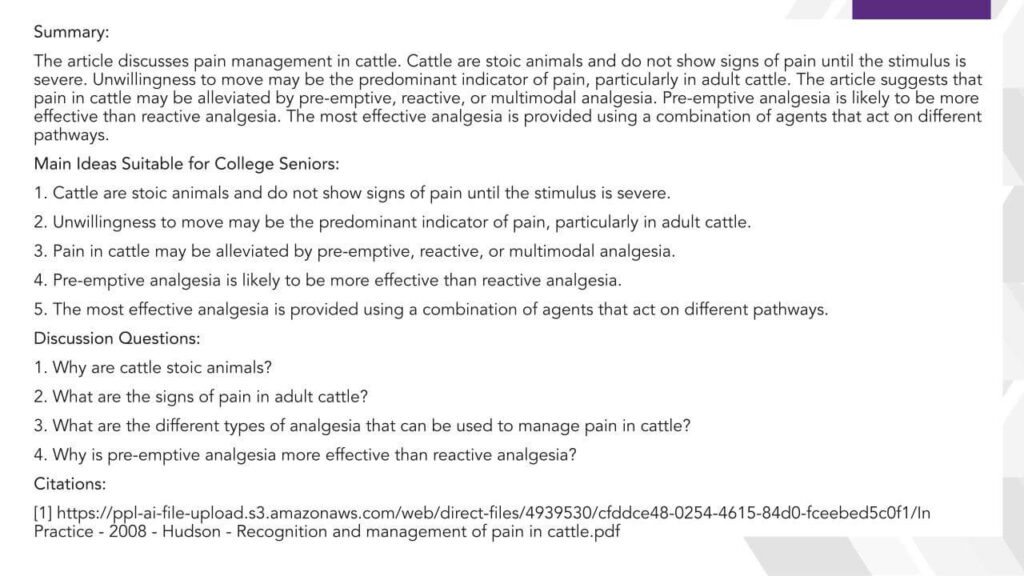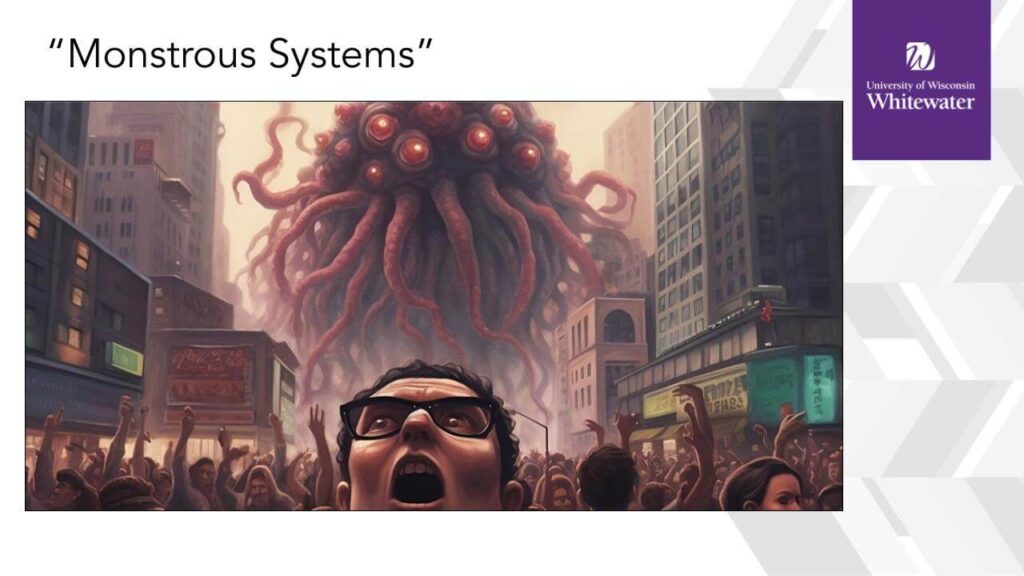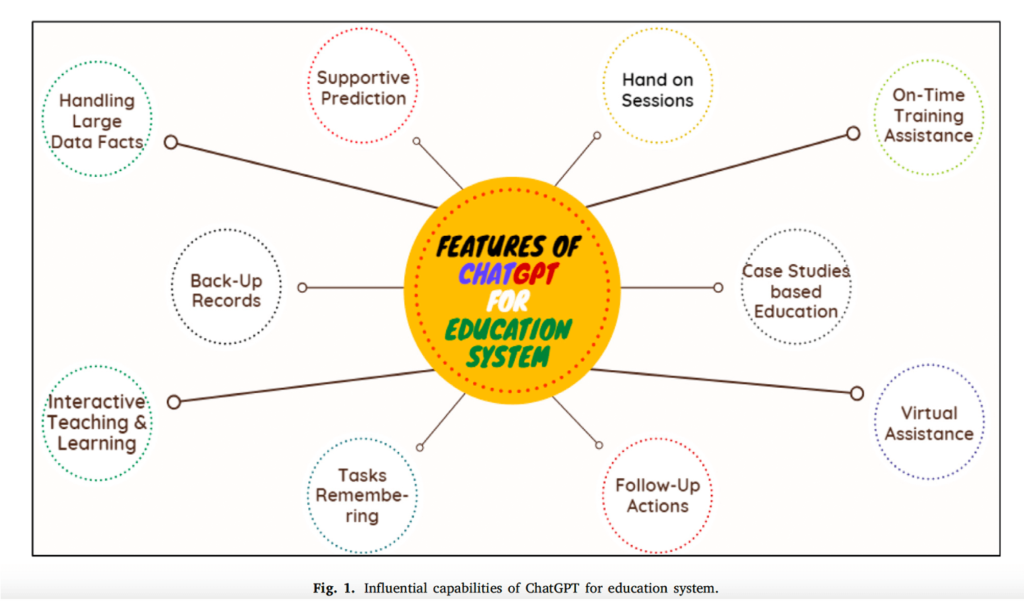Celebrating Teaching and Learning Conference 2024
May 15, 2024: 8:30 a.m. – 4:30 p.m.
University Center, Whitewater Campus
The Learning Technology Center, LEARN Center and Office of Academic Assessment are excited to invite proposals for UWW’s annual Teaching and Learning Conference (CTL) which will be held on May 15th, 2024. We invite UW-Whitewater faculty and staff to share their educational innovations for teaching and learning with the wider university community.
This year, there is a special interest in proposals related to generative artificial intelligence, inclusivity and civil discourse, and assessment. However, feel free to propose sessions that focus on other aspects of teaching and learning, as well, such as topics related to team-based learning, engaged scholarship, culturally-responsive instruction, high-impact practices, and fostering student success more broadly.
Concurrent presentation sessions will last 45 minutes. You are welcome to propose a variety of formats, such as a panel discussion, interactive workshop, or presentation of research. We strongly encourage you to incorporate open discussion/Q&A time into your session.
Required Submission Materials:
-Presenter(s) Names and Photos
-Presentation Abstract (max 400 characters)
-Presentation Description and Goals (max 3000 characters)
Feel free to reach out to the LTC with any questions about the proposal process at ltc@uww.edu.
Applications close April 1st, 2024 and notifications of acceptance will be received no later than April 12th, 2024.







